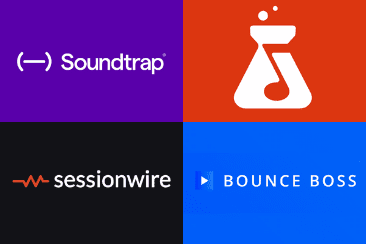What is Publishing in Music?
Publishing in music is a subject that often gets met with confusion, even amongst musicians and people in the industry, so we are asking ‘what is publishing in music?’
How does music publishing work?
Music publishing is basically the promotion of music composition for commercial use. Music publishers represent artists and make sure that they collect publishing royalties and get paid for their music. It is important to make sure you get your publishing royalties for the music that you make and we are going to explain how.
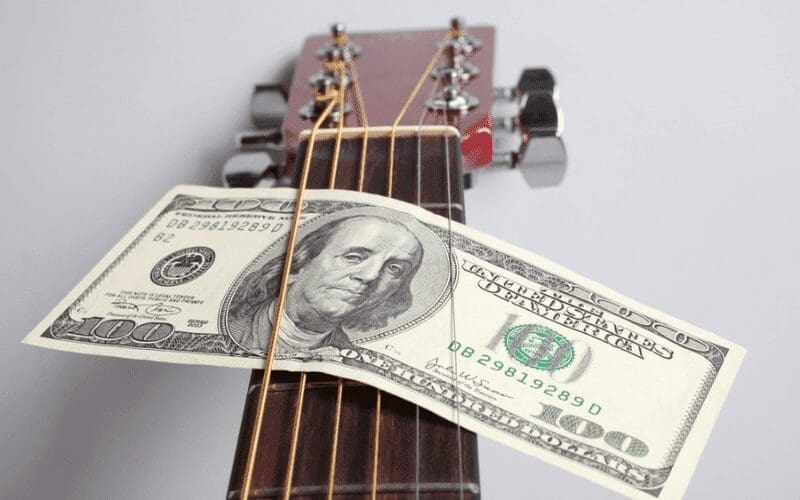
Copyright and Royalties
To understand music publishing, it’s important to distinguish between copyright and royalties. There are two types of copyright in music; the composition and the master. The composition refers to the piece of music excluding the lyrics, whereas the master is the overall composition as a whole.
The original songwriter will typically own the composition and the master, unless of course (like in the recent case of Taylor Swift, and many historical cases before that) someone else like a label for example has taken ownership of the master – often not fully remunerating the artist in the process. It’s almost always in the artist’s best interests to retain both the composition and master so things do not get confusing later down the line.
If someone covers a song, for example, the artist covering it will own the master of the recording, but not the composition copyright, which is why artists usually like it when their songs are covered! Noel Gallagher once claimed that he didn’t really like the John Lewis cover of Half The World Away, but he didn’t care as it would make him lots of money in royalties – you get the picture!
How to get publishing rights for music
Music publishing deals with copyright and the protection of intellectual property for musical works and songwriters. To release music, or use it for purposes such as TV and Film, it needs to be cleared for use. A music publisher will deal with this for you as an artist, or if you are a company or individual, you request permission from the publishing company to use that song or piece of music.
As an independent artist covering a song, you can easily license a song for download for around £100 but on a larger scale, it makes sense to think about licensing your original music or using a music publisher to do the work for you.
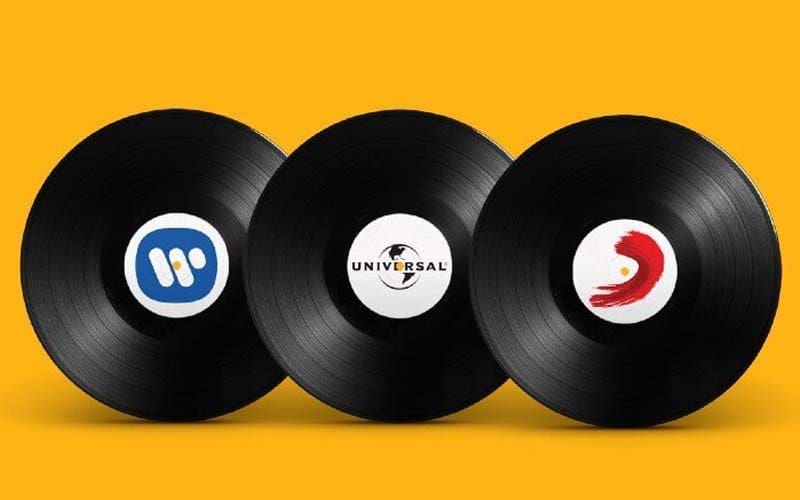
Difference between music label and publisher
You may ask why an artist has a music publisher if they have already got a record label. They perform two very different but vital roles. You can still have a publisher without a label backing you, and we will explore that in more depth later but for now it’s important to distinguish between the two.
A record company will find the artist, harness their talent and arrange for recordings and then release the music for the artist. While they may have deals with publishers, they will not directly handle the publishing side of things.
A publisher will make sure the artist receives royalties when songs get used in adverts, in shops or played on the radio. You can also claim via the Performing Rights Society (PRS) when you play a live gig or festival.
It’s very important to use a music publisher, otherwise, you risk losing out on money that you are owed for your music.
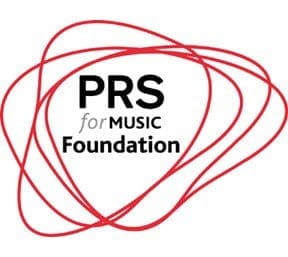
What is a publishing deal in music?
A publishing deal in music is something that a lot of artists are turning to now to maximise the money from their work. A publishing deal involves the assignment of some part of the ownership of your songs to a music publisher in return for promoting and placing your music in places that will earn you revenue.
Just like a record deal enables you to make and release the music, a publishing deal enables you to make the most out of that music. Publishing deals can also be tied into record contracts, but that is probably a time for another discussion.
The publisher can also advise of collaborations or even assign co-writing duties to a songwriter if they need someone to write something specific, or for an artist, whom they have a relationship with.
Publishing deal music – the pros and cons
So you may ask – should I go all out for a publishing deal? There are pros and cons to it that we will unpack here.
Pros
- Having regular income and time to write songs is invaluable to a songwriter. For the amateur or part-time songwriters, the pressure of earning a living often puts their writing on the back burner as priorities change. With a publishing deal, getting a regular monthly sum of money can be very useful and free up time and energy for honing your craft.
- The average music publishing deal advance is due to be around £15,000-30,000 although it does depend on the location you are in and what kind of deal you are signing!
- You will be doing something that you always wanted to do – write songs for a living.
- In general, having a publisher makes your job a little easier and enables you to feel supported in what you do.
Cons
- Like everything in music, there is no guarantee that your work will get used, or indeed published. It’s often a numbers game, you just have to keep banging on the door.
- You probably won’t be your music publisher’s priority, especially if they are a bigger profile company with a large portfolio of artists. If you are a relatively new artist, it may be best to strike an agreement with a smaller publishing company that will be more accessible and hands-on.
- Much like a record deal advance, monthly advances from publishers are loans and they will need to be paid back, either in work or currency at some point in the process. That said, however, having an advance from a music publisher usually does help in getting you more work.
Best music publishing companies
Some of the more notable music publishing companies who work in the industry are very useful to get to know so that you know who you are speaking to as and when you navigate your way around this weird and wonderful industry.
3 major players control over 10 million compositions worldwide. They are Sony Music Publishing, Warner Chappell Music and Universal Music Publishing Group. Here is a list of music publishing companies we think you should know about!
Sony Music Publishing
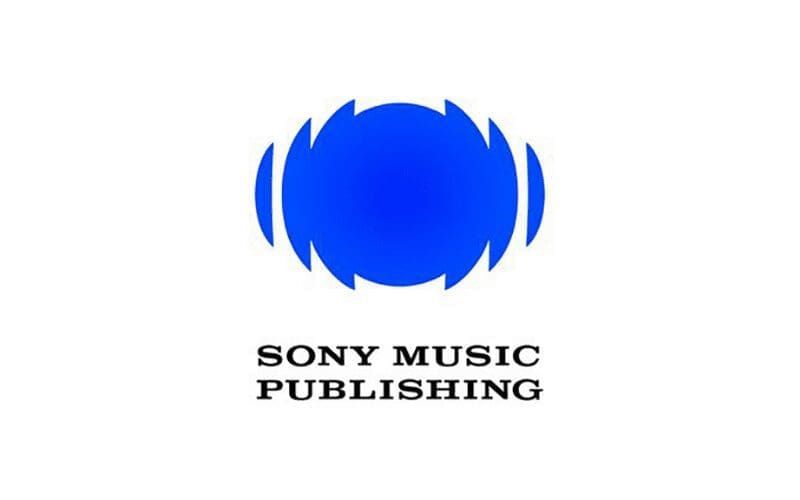
Sony Music Publishing’s parent company is Sony Music Group and they are reported to control around 5.46 million compositions worldwide worth $2.3 billion. It’s fair to say they have their hands on a lot of the world’s music libraries and continue to grow through their various companies and of course, they also have record labels. Sony also recently purchased EMI music publishing in 2018, growing its empire to where it is now.
Universal Music Publishing Group
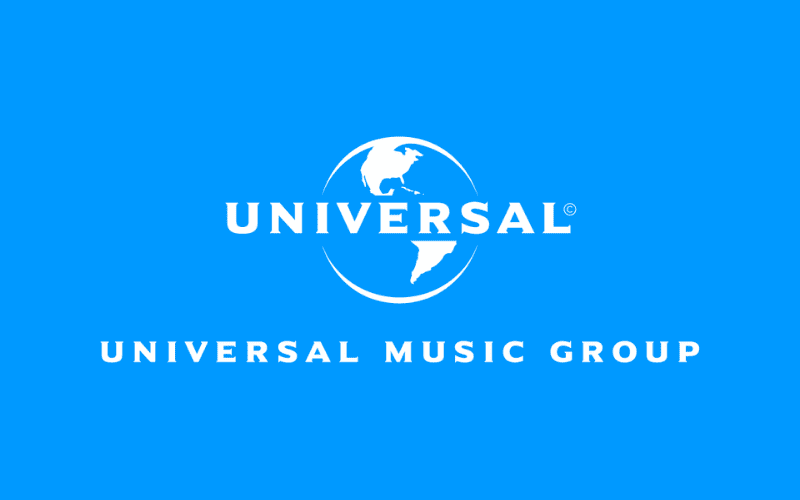
Universal is the second biggest music publisher after Sony, owning around 4 million copyrights across the globe. Universal continues to grow steadily year after year. As with Sony and many other major players, Universal is also a label and has links with many subsidiary labels across the industry.
Warner Chappell Music
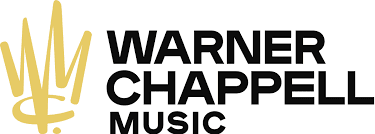
Warner Chappell Music is thought to own around 1 million songs, representing around 100,000 songwriters worldwide. This is still a very sizeable number but small compared to the other two giants.
Omni Music Publishing

Omni Music Publishing focuses on scores for modern film music along with previously unreleased pieces of music, including a lot of Latin Music. Despite being a modestly sized company, they are recognised by the Nation Music Publishers Association and handle a lot of music publishing work.
BMI
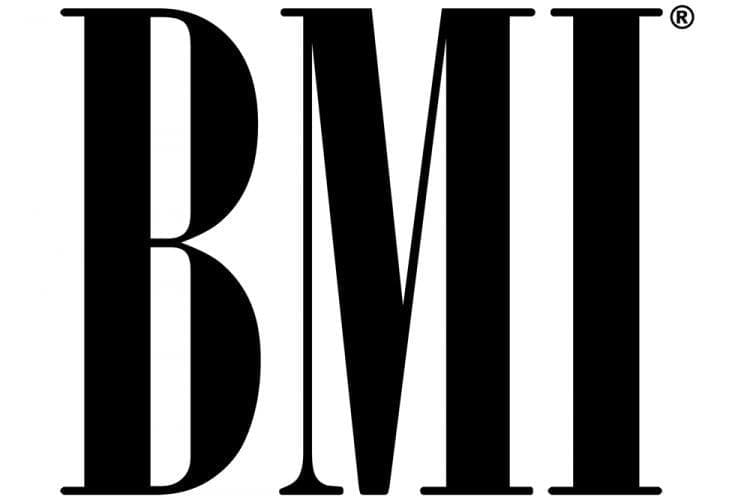
BMI is another world leader in music publishing. They look after songwriters and artists across the globe and say that their main aim is ‘getting artists paid’. A world-renowned name in music anyway, BMI handles around 20 million musical works worldwide. One thing they do well is offering blanket licences to businesses and organisations allowing many of their song catalogue to be easily used for commercial purposes.
Independent music publishing companies/White Label Music Publishing
There are many more independent music publishing companies out there and a selection of the ‘best of the rest’ would include Kobalt, Alfred Music Publishing, Ditto Music Sentric Music Concord and Pen Music Group. Many of these companies offer free music publishing options at the point of contact, with premium and share deals also available.
White Label Music Publishing allows companies to operate without having to fulfil the duties of a publisher. These companies will often outsource the publishing work to a company like Sentric or Kobalt to lighten their workload while still ensuring the vital boxes get ticked. Many of these companies use music publishing software to aid them in their music publishing work.
And we certainly couldn’t leave this conversation without letting you know that we are a music publisher as well. By signing up for a Music Gateway account, you can get access to all of our fantastic services, including publishing. You can sign up, or just check out what we have to offer here: https://www.musicgateway.com/
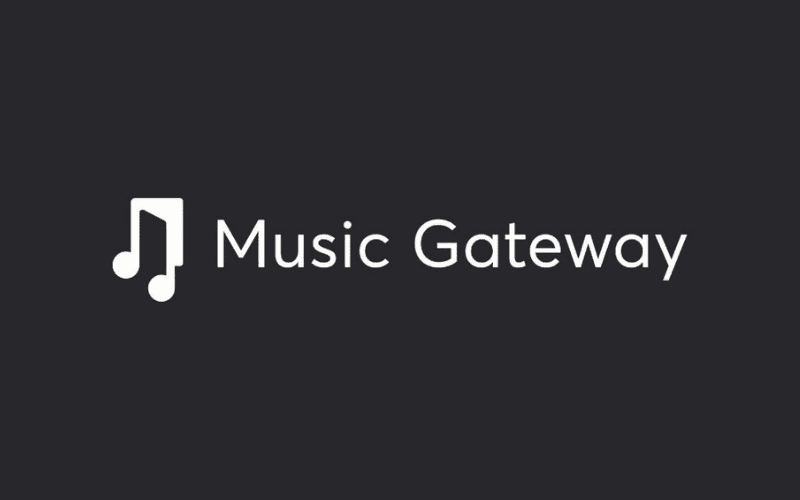
Jobs in Music Publishing
Music publishing jobs can be a rewarding and enjoyable career choice if you have a keen interest in music publishing or working in music publishing.
Music publishing internships
You could always start by getting a music publishing internship. Why not use our list of music publishers as inspiration and start contacting some of them to see what career opportunities and internships they might offer? Many of independent music publishers would be willing to take on interns to progress their business and your career. The larger companies also often offer an internship programme, whether in publishing or another side of their industry.
What’s the pay like?
With an average salary of £32,000 in the UK, music publishing jobs are quite an attractive proposition, especially if you are a musician or a music fan in the first place. Hours would typically be Monday-Friday with some weekend and event work, but overall it is a good job to hold.
To summarise
We hope this has been an informative and useful insight into the world of music publishing. As an artist, it is vital to know how all of this works and to continue to learn as the industry evolves around you.
If you are interested in being a published artist or any of Music Gateways’ music services, please see our website for further information: https://www.musicgateway.com/






